If your eye was drawn to the title of this post, I wonder what you were expecting to see. Perhaps most of those who are now viewing this post had Google in mind. We will get to that discussion shortly, but before that let us look at the simple question as set out.
Paid Links In A Non-Google World
So forgetting Google for the moment, what exactly is a paid link? On any webpage, a link, or hyperlink to be more precise, if clicked takes you to another webpage on another web site usually. The fact that someone may have paid the web site owner a fee to have that link included on the webpage may well be of no concern to you. You take the link because you wished to see the content that the link text promised. In this modern world, most of us realize that almost all actions are taken with some goal in mind and that includes the owner of that hyperlink. That goal can be as insignificant as wanting someone else to appreciate your efforts or it can be a forceful attempt to have them buy some product or service. It is not really a big deal. No harm is done to visitors to the webpage and they can decide for themselves whether there is any useful information for them.
The situation is clearly different from the case where a whole web page that looked as though it is written by an independent author has actually been written by someone with a commercial interest in the content. That is an advertorial and clearly it is essential that this is very visibly indicated so that we are not deluded into thinking we are reading an unbiased article.
The Google Definition Of A Paid Link
We should be clear that for Google a paid link is not just a link that is there because someone has paid a fee. The paid link label is the easiest one for them to use but it is only one example of links they do not like which they have described in a list on Link schemes.
The following are examples of link schemes which can negatively impact a site’s ranking in search results:
- Buying or selling links that pass PageRank. This includes exchanging money for links, or posts that contain links; exchanging goods or services for links; or sending someone a “free” product in exchange for them writing about it and including a link
- Excessive link exchanging (“Link to me and I’ll link to you”)
- Linking to web spammers or unrelated sites with the intent to manipulate PageRank
- Building partner pages exclusively for the sake of cross-linking
- Using automated programs or services to create links to your site
We see that Google is including in this huge envelope any link that is not there for purely disinterested reasons. It is almost an attempt to understand the motivation of the website owner in placing the link on the web page and requiring it to be moral and above reproach. In almost all cases, Google is assuming guilt rather than innocence.
Why Is Google Fixated On Paid Links
Google goes to great lengths to identify any of these link schemes including paid links. Matt Cutts and the Google Webspam team he leads have this as their major mission. Their stated justification is that if such links are not clearly identified, then website visitors may be unaware that the link is there for other than altruistic reasons. The reason for their ardor on this is that links are the fundamental bedrock of their PageRank algorithm for identifying the most relevant webpages in response to keyword searches by users. Clearly if the Webspam team did not work with such diligence, the web would fill up with the link schemes they so detest and their PageRank algorithm could no longer operate. Thus it is Google’s self interest that is at the heart of these web spam catching activities.
The Real Reason Google Is Fixated On Paid Links
Given that Google search has become such a useful tool for so many users, the Google reasoning seems acceptable. The search results are provided without payment and extremely rapidly. Who could object to them attempting to keep the results as relevant as possible.
A major concern may well be that Google has another ulterior motive in pushing so hard to identify paid links and eliminating any benefit they may have in Google searches. In the advertising market place, such paid links represent competitors to Google with its AdWords program. If people wish to advertise and believe that paid links are no longer useful, then this clears the field for the Google AdWords program as the only viable alternative. This theory seems highly likely but of course no one at Google is likely to comment either way.
Who Do Paid Links Harm In A Google Search World
First it should be said that paid link are in no way harmful to Google. It might he argued that they have a potential to reduce the quality of Google search results. On the other hand, the Google program to identify and nullify their effect is a powerful strategy for cutting out competitive advertising vehicles. The extra revenues gained in this way will far surpass the cost of Matt Cutts and his Webspam team.
Secondly it should he said that paid links can hardly be said to cause harm to visitors to these webpages. The links are clearly labeled as to what will be seen in following them. Whether someone paid to have that link put there rather than it being freely added by the webpage owner is hardly likely to matter
There are then two groups that could be harmed by paid links. Those who are paying for these links which are nullified by Google lose whatever they may have invested in buying a paid link. That is a monetary loss but there are no other downsides following on their action.
The group which is most harmed by this whole process are those websites which accept and display paid links. The Google dictum is that by applying the tag ‘rel=nofollow‘, they will avoid any penalty aspects of hosting such links. If on the other hand they do not apply that nofollow tag, then they will suffer the penalties that Google keenly announces from time to time.
Google has said for years that selling links that pass PageRank violates our quality guidelines. We continue to reiterate that guidance periodically to help remind site owners and webmasters of that policy. Selling links (or entire advertorial pages with embedded links) that pass PageRank violates our quality guidelines, and Google does take action on such violations. The consequences for a linkselling site start with losing trust in Google’s search results, as well as reduction of the site’s visible PageRank in the Google Toolbar. The consequences can also include lower rankings for that site in Google’s search results.
These penalties are onerous and have even been applied to major players such as InterFlora and even the BBC (apparently in error with a prompt reversal). So it is not surprising to see that experts in the field make a point of spreading the word. The principal element dealing with link schemes in the Google algorithm stable is the so-called Penguin update A recent article by Eric Enge gave a Penguin 2.0 Forewarning and set out The Google Perspective on Links. In his view:
Penguin and their various attacks on unnatural links have dramatically reshaped their ability to detect and act on link building practices they consider detrimental to their algorithms.
In other words, Google is becoming very smart at spotting these link schemes. If you contemplate accepting paid links on your website without flagging them as nofollow links, then you may well be the one that is harmed.

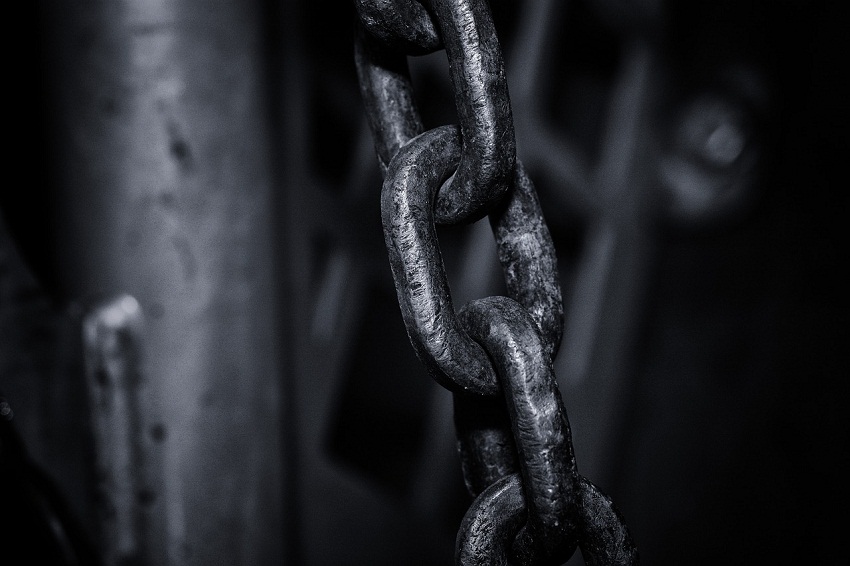
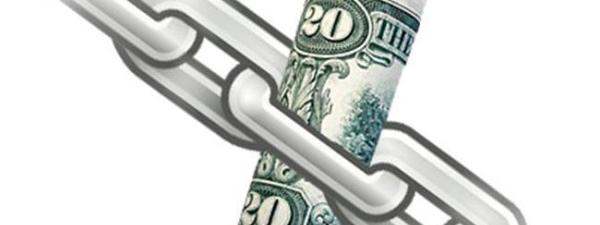
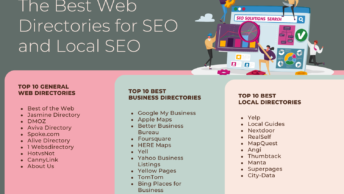
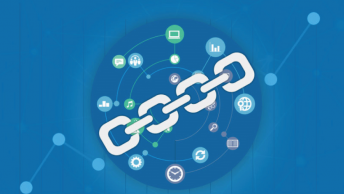
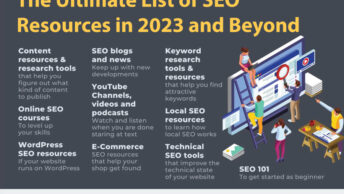
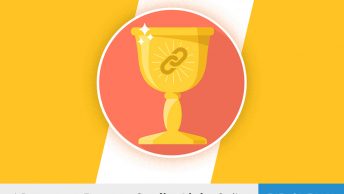

Thing is, every link is either an earned link or a paid link. Any time you ask for a link, it’s a little bit gray hat. Any time you put content behind a content locker that requires a tweet or Like to view it, you’re “paying” for a link. If Google had their way, the only links would be earned links — links people make because people love their content so much, they just have to share it.
And that’s just not realistic. Google is splitting hairs, for the sake of their own commercial reasons.
WOW. This post was for me. I received two invitations this week that i was getting ready to post on tomorrow, That puts paid to that idea……… Thanks for saving my blog
This may be important to those businesses that have staked their businesses on page rank, but what will eventually happen is that many of the new up and comers on scene will stop caring what Google think and seek out or start their own search engine. They will have support of many small business owners and bloggers, which are more numerous than you think. Page rank is not important to me. I am far more interested in people knowing who I am and you know what? You don’t need Google for that. People did it before there was a Google and they will continue to do it. Remember, Google is not the only road to travel to get to where you need to be. I mean seriously, if Oprah or Facebook lost their ranking in Google that would not be the end of them, so why should a person starting out with no page rank, who is not likely to have much chance of having one anyway because they are not connected to the “right” people care what they think? Not every business is listed in the yellow pages, but they still flourish.